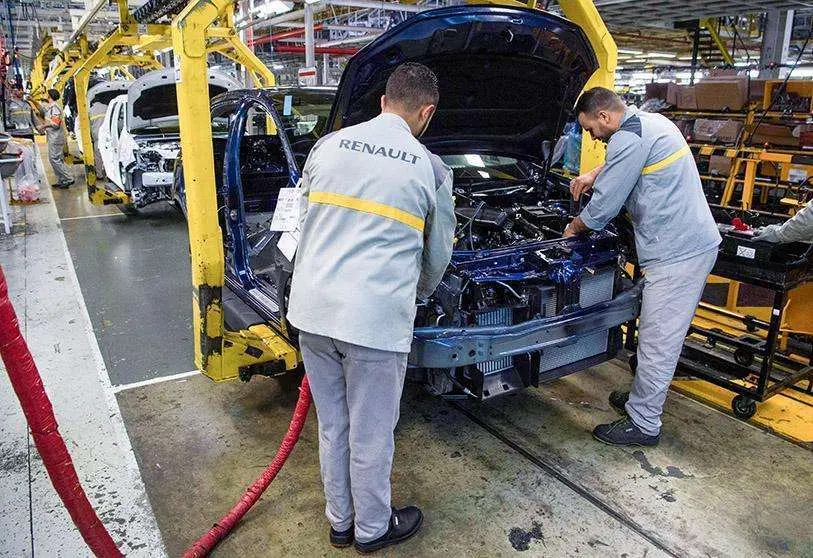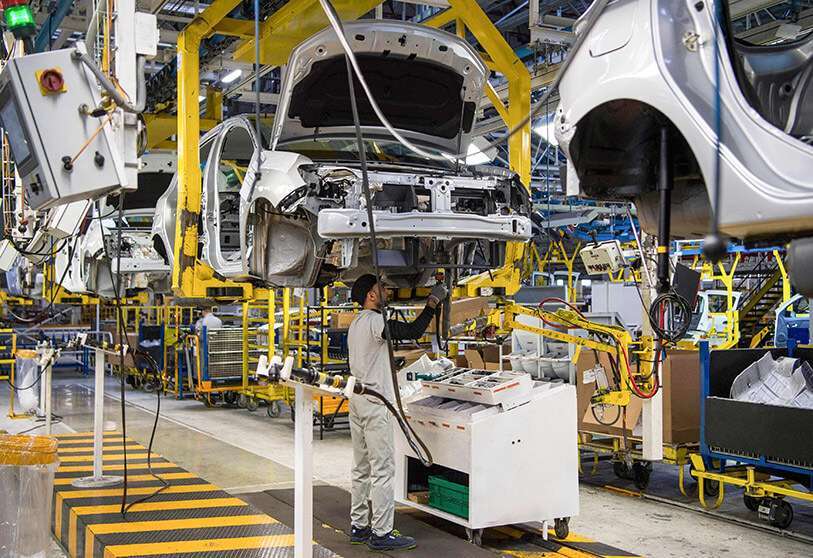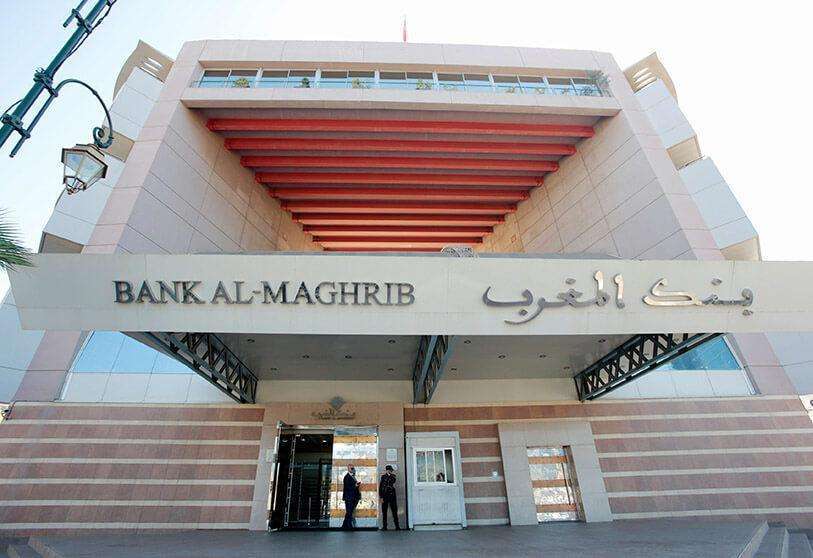El mercado de automóviles marroquí reduce su impulso en 2023

Morocco will experience a decline in car sales in 2023 due to the reduced purchasing power of Moroccans.This reduction in car sales will have an impact on the Moroccan automotive industry, leading to a decrease in production as well as in car-related employability. This will continue to affect the Moroccan economy in the long term, as low levels of car sales mean less tax revenue for the government.
The government has announced the creation of a Dh30 billion (about $3 billion) investment fund to help car companies increase production and improve competitiveness. The fund will also be used to develop advanced technologies and to encourage the development of the industry. The Moroccan automotive industry hopes that these initiatives will help boost sales in the near future, despite the current situation. The government expects the automotive sector to contribute to the country's economic growth and help create jobs.

According to the monthly report of the country's automobile importers' association, sales in Morocco's automotive sector fell to 11,333 vehicles in January 2023. Despite the decline in vehicle sales, manufacturers continue to work on new models and technologies to improve the user experience and increase sales in the future. For example, some manufacturers are developing electric vehicles and autonomous vehicles to meet modern consumer demand. In addition, there are efforts to improve connectivity and safety in vehicles, which could attract more buyers.
In response to rising inflation, the Central Bank of Morocco has tightened monetary policy, raising interest rates and reducing credit. Car manufacturers and dealers in Morocco now face reduced sales and declining revenues. This means they will have to make cost cuts to stay afloat, which could include reducing employees or closing facilities. Monetary policy measures in Morocco could also have a negative impact on the country's economic growth. If car sales continue to decline, automotive companies will have less revenue, which could affect the national economy.

This decline was due to a fall in household spending on durable goods, such as vehicles and electronic equipment, and on non-durable goods, such as food and beverages. At the same time, spending on housing was broadly unchanged from the previous quarter. However, spending on services changed slightly, increasing by 0.6%, mainly due to a rise in payments for insurance, professional fees and transport services. Overall, this slowdown in household spending growth reflects the impact of the pandemic on the Moroccan economy. Spending is expected to remain low for the next few quarters until the economy stabilises.
Automakers are grappling with a shortage of semiconductors due to the cold war between the US and China. This is because semiconductors are a key component in automotive manufacturing. This shortage has had a significant effect on the automotive sector, reducing global sales. In addition to this, there are domestic pressures in the domestic markets that are also contributing to the reduction in sales. However, automotive companies have worked closely with the government to drive the development of more efficient and economical vehicles, allowing buyers to get a better return on their investment. This strategy may be a solution to reviving the car market in Morocco. Manufacturers have also launched advertising campaigns to promote vehicles, which will help increase buyer interest. With these initiatives, we expect the car market in Morocco to recover soon.








